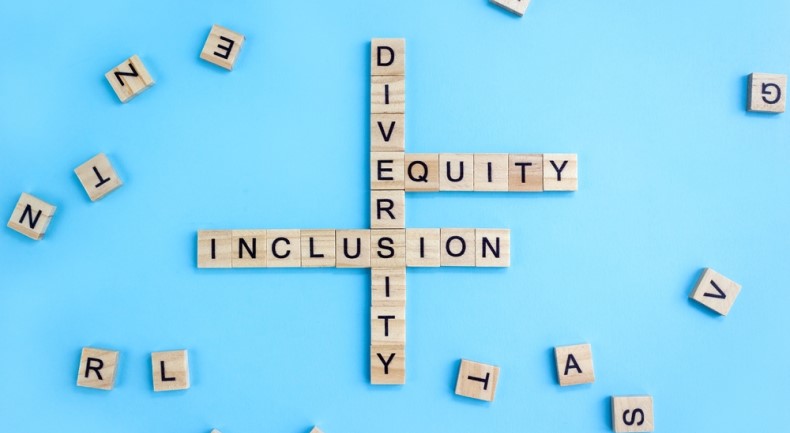Expert view: UK employers need to be focused on legislation, not the retreat of DEI
Donald Trump has entered the US HR world with a splash.
One executive order terminates diversity, equity and inclusion (DEI) programmes in federal government.
Another order rescinds Order 11246 requiring federal contractors to comply with discrimination law and maintain affirmative action programmes, including a commitment for fair pay for women and minorities.
Contractors paid out $12.1 million last year alone for breaches on pay and hiring.
The private sector is restrained under the heading, “Encouraging the Private Sector to End Illegal DEI Discrimination and Preferences”.
Those in the world of HR, reward and benefits must now balance downplaying DEI with falling foul of remaining equality law.
Reaction of US companies
Alphabet, Google’s parent company, has removed a sentence from its latest annual report stating it was “committed to making diversity, equity, and inclusion part of everything we do and to growing a workforce that is representative of the users we serve”.
The nuance in the wording of Trump’s order quoted above is that the intention is to end “unlawful” DEI discrimination and processes.
However, companies must be aware of programmes which might “encourage” such conduct.
Superficial or fundamental?
Hiring and rewarding the best will remain the key driver.
It seems unlikely that the aspiration to greater diversity will disappear completely.
A McKinsey Study in 2015 indicated that companies with greater ethnic and racial diversity were 35% more likely to have returns above the industry average.
For gender balance the figure was 15%.
AI, discrimination and pay
Culture change in US big tech may also impact use of AI in HR, such as automated assessment where it has an impact on selection or pay.
Google has taken out a section of its principles on HR pledging not to develop applications “that cause or are likely to cause harm”.
But in the UK there is greater caution. The UK government guidance has expressed concerns on “…risks, including perpetuating existing biases…”
Case law on pay discrimination (e.g. Danfos) highlights the risk where a pay system is opaque.
Different prevailing wind in UK
With equality and diversity, there is a packed agenda covering:
- Beefing up the employer’s duty to prevent sexual harassment
- An onus on employers to prevent harassment by third parties for all protected characteristics
- Paternity and parental leave a day one right
- Stronger and longer protection against dismissal for women who have been pregnant.
In relation to equal pay, in particular there are plans to extend equal pay legislation to cover disability and ethnicity and extend pay gap reporting to companies of 250 or more employees to cover disability and ethnicity.
The extension of equal pay legislation would open up the possibility of large-scale litigation as already seen over many years in the private and public sector on equal pay.
UK deputy primeminister, Angela Rayner, was reported on 14 February to confirm that the workers rights packaged was “ringfenced”.
In the UK, employers will need to be focused on the rising tide of legislation, not on the retreat of DEI.







